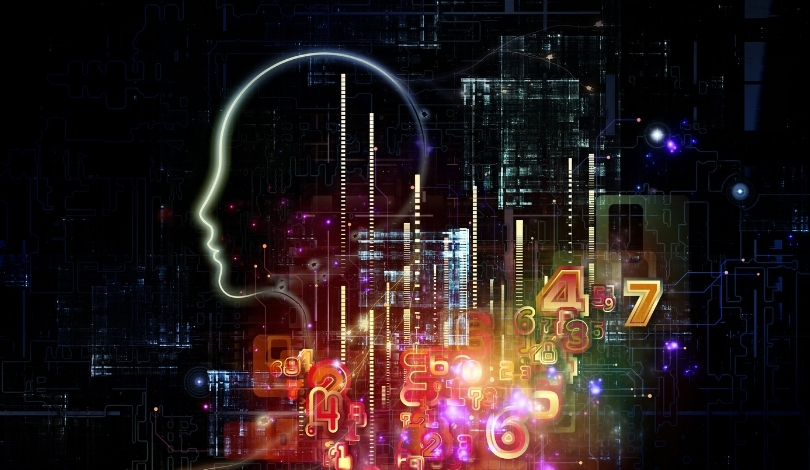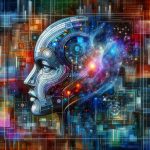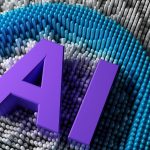Numerous books delve into the implications of Artificial Intelligence (AI) on society, offering various perspectives and insights related to its development and influence. These publications address the challenges and opportunities presented by AI technologies, exploring how they affect human life and ethics. Understanding these concepts is crucial as AI continues to evolve and integrate into everyday experiences.
What themes are prevalent in AI literature?
The literature on AI emphasizes themes like existential risks, economic transformations, and ethical considerations. Authors such as Nick Bostrom in “Superintelligence” discuss the potential hazards of unregulated AI development, warning that it could pose a threat to humanity. Meanwhile, Kai-Fu Lee’s “AI Superpowers” emphasizes economic growth through AI, particularly how competition between the USA and China shapes the future of technology.
How does AI literature address ethical concerns?
Many of these texts critically examine the ethical implications of AI. Max Tegmark’s “Life 3.0” brings awareness to the necessity of integrating ethical principles in AI development, encouraging readers to reflect on the fundamental choices that will impact the coexistence between humans and AI. Cathy O’Neil’s “Weapons of Math Destruction” highlights the negative effects of biased algorithms, further reinforcing the need for caution.
Which authors provide valuable insights on AI development?
Notable authors such as Klaus Schwab and Martin Ford contribute to the discourse surrounding AI and its societal effects. Schwab’s “The Fourth Industrial Revolution” argues for the crucial role of AI in technological advancement, while Ford’s “Architects of Intelligence” captures voices from industry experts, shedding light on the practical challenges and opportunities in AI-driven environments.
The exploration of AI through literature has previously presented a mix of optimism and caution. Earlier works focused mainly on the transformative capabilities of AI, often overlooking potential risks. Recent publications acknowledge those risks while presenting strategies for mitigating them and encouraging constructive dialogue about responsible AI use. This shift reflects a broader understanding that both the capabilities and hazards of AI require serious consideration.
These key texts collectively provide insights into the multifaceted impact of AI on society. They encourage readers to think critically about the future developments in this field and how they can shape human experience. By engaging with the thoughts of various experts, readers can better navigate the complexities of AI and its societal implications. Keeping abreast of these discussions is essential as society integrates AI into daily life, balancing its advantages with potential ethical concerns.










